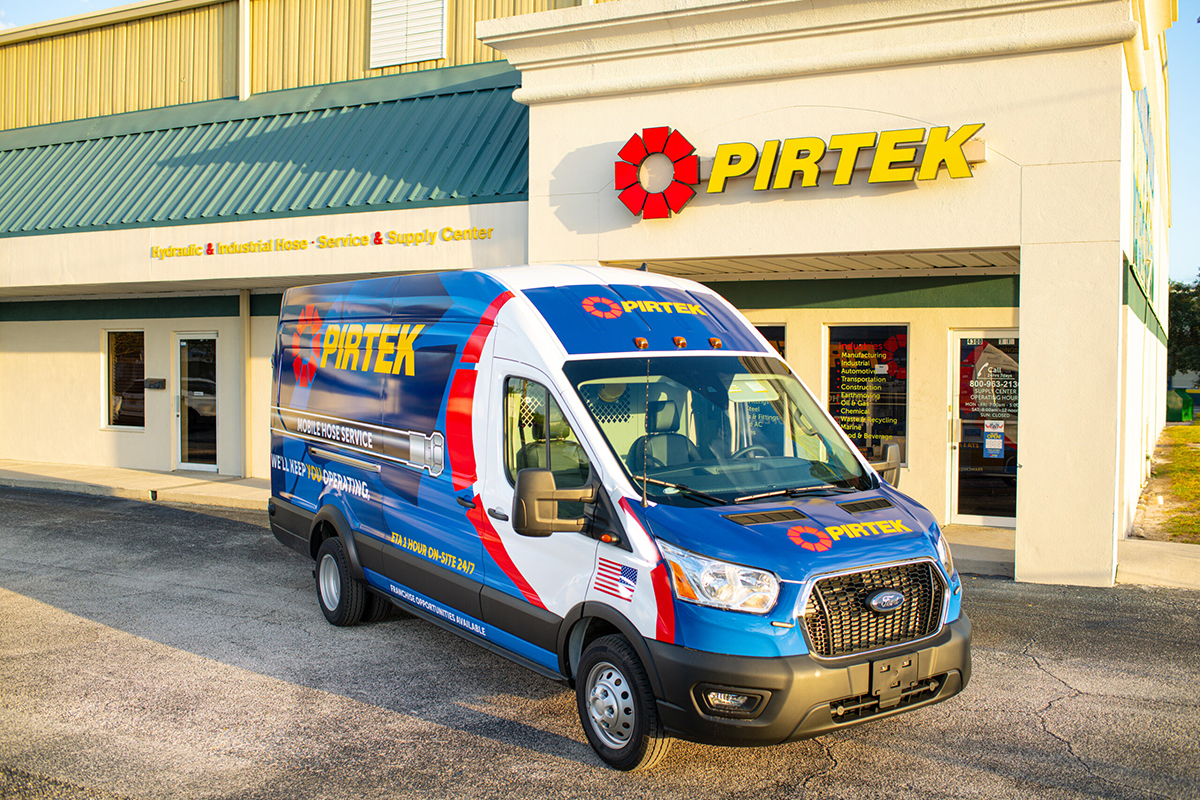In the world of industrial machinery, productivity and performance depend on many moving parts, both figuratively and literally. Among the unsung heroes of these complex systems are hydraulic couplers, critical components that enable quick, safe, and reliable fluid transfer in hydraulic equipment. While they may seem small compared to the size and power of the machines they help operate, their role is anything but minor.
Without properly functioning couplers, a hydraulic system cannot operate efficiently. From manufacturing lines to agricultural equipment and construction vehicles, hydraulic couplers ensure the seamless flow of hydraulic fluid between components. That fluid powers the machine—lifting, pushing, rotating, or actuating as needed. If the connection fails, so does the machine.
Let’s explore why hydraulic couplers are essential, how they support industrial machinery maintenance, and what businesses can do to protect performance and uptime.
What Are Hydraulic Couplers?
Hydraulic couplers, also referred to as quick disconnects or quick couplings, are connectors that allow hydraulic lines to be joined or separated easily and quickly, usually without the use of tools or any fluid leakage. Their primary function is to simplify maintenance, improve efficiency, and enable fast equipment changes or repairs.
These fluid transfer components come in a variety of types, sizes, and pressure ratings, depending on the machinery they support. They’re typically used in mobile hydraulic equipment, fixed industrial systems, and applications requiring fast and clean hydraulic line changes.
The two main parts of a coupler are the male plug and the female socket. When connected, they allow pressurized hydraulic fluid to flow without leaks. When disconnected, they prevent fluid from escaping and contaminants from entering. This clean break feature is particularly important in industries like food processing, defense, and heavy manufacturing, where cleanliness and reliability are non-negotiable.
Why Hydraulic Couplers Matter
In high-demand environments, time is money, and every minute of equipment downtime can affect output, safety, and profit margins. Hydraulic couplers serve as a frontline defense against these delays by:
- Enabling Fast Maintenance and Repairs
When hydraulic components need to be replaced or serviced, couplers allow technicians to disconnect lines quickly and easily. This eliminates the need for draining the entire hydraulic system, saving hours of work and reducing the risk of spills.
For businesses focused on industrial machinery maintenance, this means repairs can be handled faster without requiring machines to be pulled offline for extended periods.
- Improving Equipment Flexibility
In operations where attachments or tools are swapped regularly, such as in construction or agriculture, hydraulic couplers provide a fast and secure way to make those changes. For example, an excavator switching between a hammer, auger, or bucket can connect or disconnect hydraulic lines without tools or fluid loss.
This kind of flexibility supports hydraulic system efficiency and ensures machines spend more time working and less time idle.
- Reducing Contamination Risk
Hydraulic systems rely on clean fluids to function properly. Any contamination—dirt, water, air—can cause system degradation, internal damage, or total failure. Quality hydraulic couplers are designed to create a tight seal and reduce the risk of contamination during connection and disconnection.
Contaminant control is crucial in sectors like mining, aviation, and marine applications, where harsh environments increase the likelihood of exposure to foreign materials.
- Preventing Costly Leaks
Leaking hydraulic systems not only cause safety concerns and potential damage to nearby equipment, they also result in lost fluid and reduced system pressure. Couplers that are properly maintained and selected for the correct pressure rating can prevent these issues, keeping machines running safely and cost-effectively.
Common Types of Hydraulic Couplers
Choosing the right hydraulic coupler is essential for performance and safety. Some of the most widely used coupler types include:
- Flat Face Couplers: Known for leak-free disconnection, these are ideal in sensitive environments where cleanliness is critical.
- Ball or Poppet Style Couplers: These are more traditional and widely used for general-purpose hydraulic connections.
- Screw Type Couplers: Designed for high-pressure applications, these couplers offer strong connections and are used in heavy-duty equipment like drilling rigs or forestry machinery.
- Push-to-Connect Couplers: These provide quick engagement without twisting or threading, ideal for frequently changed connections.
At PIRTEK, our technicians are trained to match the correct coupler type with your equipment, fluid type, and pressure requirements, ensuring safety and hydraulic system efficiency.
The Role of Hydraulic Couplers in Maintenance Programs
When building a proactive industrial machinery maintenance plan, hydraulic couplers should be considered a vital element. Replacing worn or damaged couplers early can prevent unexpected failures and minimize downtime. Here are a few best practices for managing your coupler inventory:
- Inspect regularly: Check for signs of wear, corrosion, or damage, especially on sealing surfaces.
- Replace proactively: Don’t wait for a leak; replace aging couplers based on usage and environment.
- Use correct coupler specs: Ensure pressure ratings, fluid compatibility, and connection types match your application.
- Train your team: Proper connection and disconnection techniques can prevent damage and leaks.
- Tag and track components: Just like hoses, couplers can be logged and tracked using a tagging system to help plan replacements.
When paired with PIRTEK’s mobile service and hose tagging program, businesses can monitor coupler performance and plan maintenance schedules that avoid downtime and disruption.
Couplers and System Efficiency: A Direct Link
It’s easy to think of hydraulic system efficiency only in terms of pumps and valves, but couplers play a big part in how fluid moves through a machine. Poorly functioning couplers create pressure loss, increase flow restrictions, and may cause temperature buildup due to resistance.
By using quality, well-maintained couplers that are properly installed, businesses can:
- Reduce energy usage
- Improve fluid flow rates
- Extend equipment lifespan
- Maintain safe operating conditions
This improves overall machine performance and helps operations meet demanding productivity goals.
The PIRTEK Advantage
At PIRTEK, we understand the importance of every component in your hydraulic system, including the ones you don’t see at first glance. Our team of mobile service professionals is available 24/7/365 to inspect your fluid transfer systems on-site, wherever your equipment is located.
We carry a wide range of hydraulic hoses and components suited for industries like:
- Construction
- Manufacturing
- Agriculture
- Mining
- Defense
- Transportation
- Marine and Aviation Support
Whether you’re looking to upgrade existing equipment or respond to a failure in the field, PIRTEK is here to keep you operating.
Need help setting up the right preventative maintenance schedule for your fleet or facility? Contact your local PIRTEK Service & Supply Center or schedule a preventative maintenance visit and consultation. Let us help you protect your systems, avoid downtime, and optimize your machinery’s performance.
WE’LL KEEP YOU OPERATING®!


